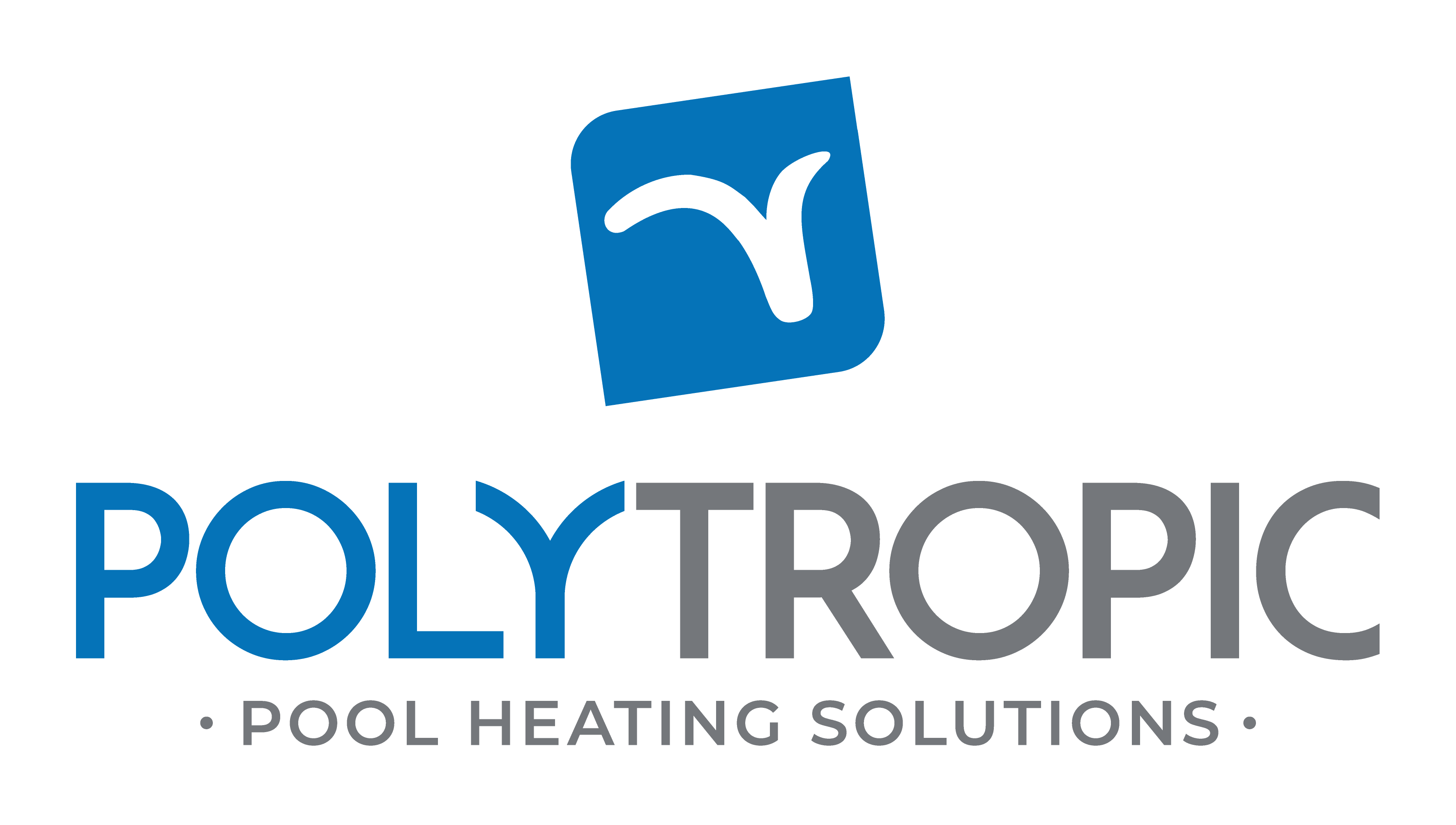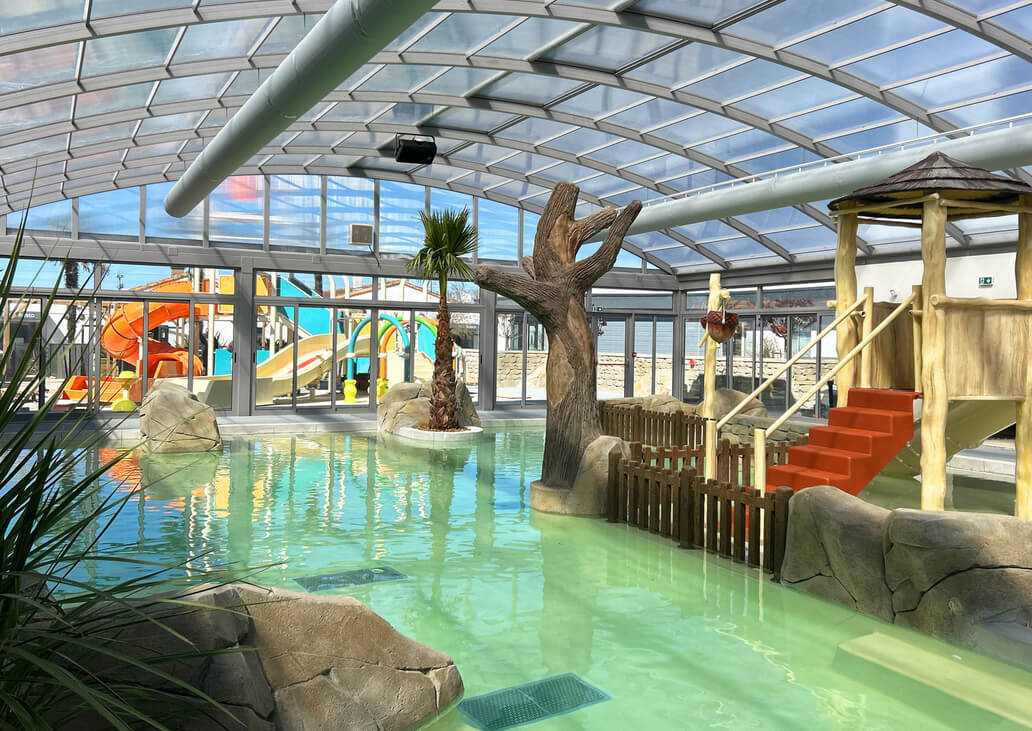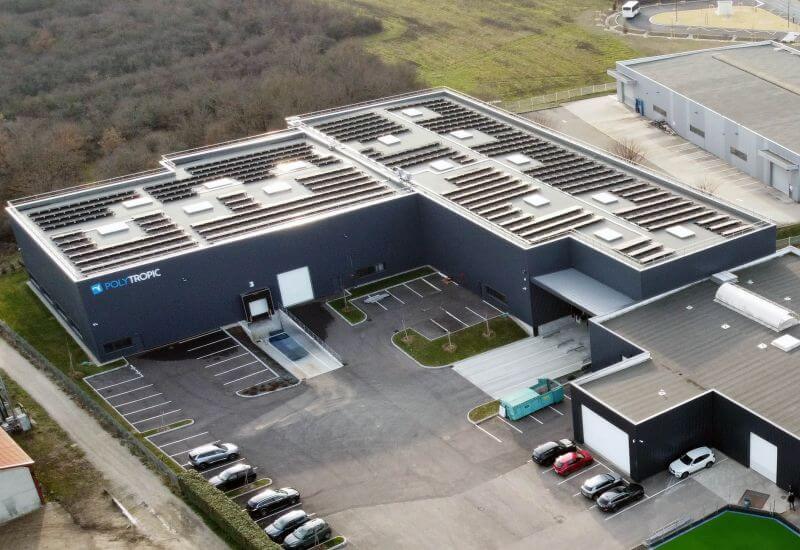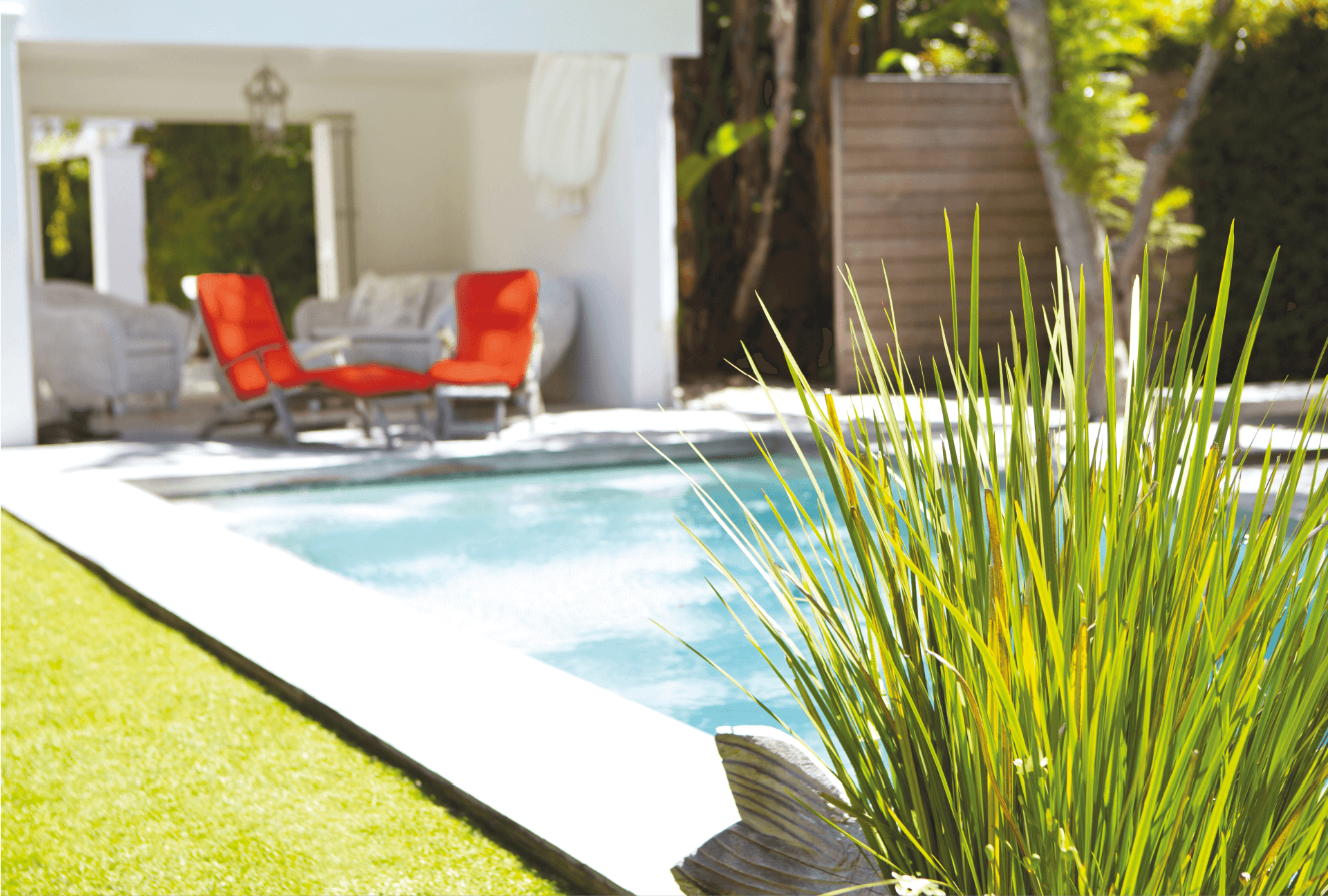Is it possible to combine bathing comfort and an eco-responsible attitude?
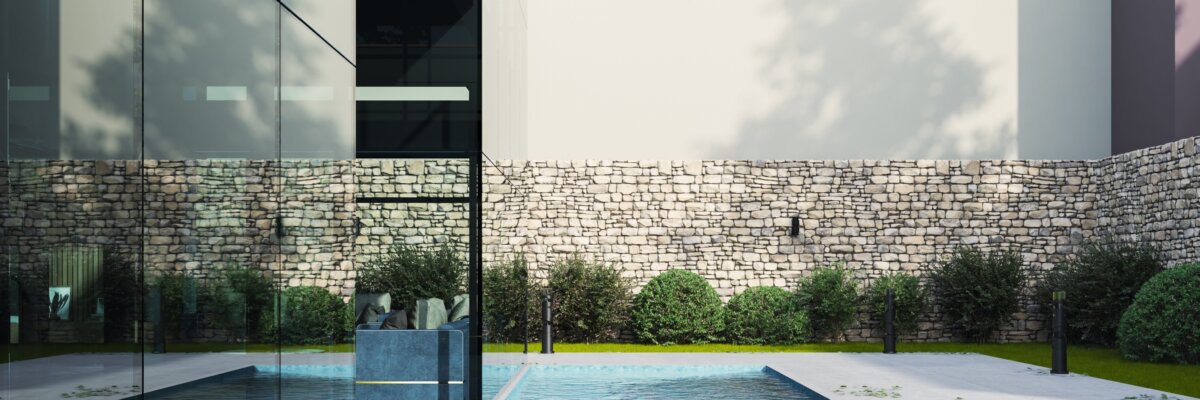
Bathing comfort is essential. Polytropic is constantly innovating to meet the needs of pool owners and the environmental and energy challenges they face.
Efficient heat pumps
Choosing a heat pump to heat your pool is a wise choice if you want to make the most of the summer season while choosing an efficient solution. Swimming pool heat pumps are categorised according to their coefficient of energy performance (COP), which represents the ratio between the amount of heat supplied to the pool and the electricity consumed to produce it. There are several pool heat pump technologies, including inverter technology.
Inverter pool heat pumps offer several advantages over traditional models:
- Energy efficiency and savings: automatically adjusting their power output according to the pool’s actual heating requirements, they can modulate their operating speed to adapt to temperature variations. This optimises energy efficiency and reduces electricity consumption.
- Greater comfort: inverter heat pumps maintain a more stable and constant pool water temperature. They avoid sudden fluctuations in temperature, so you can enjoy optimum comfort when swimm
- Longer service life: thanks to their smooth operation and ability to avoid frequent start-ups and shutdowns, inverter heat pumps are less subject to component wear and fatigue, which can extend their overall service life.
- Low noise: inverter heat pumps are generally quieter than conventional models. Their low-speed operation helps to reduce noise levels, allowing you to enjoy a quieter pool environment.
Polytropic, a specialist in pool heating since 2003, offers you pool heat pumps tailored to your needs and designed to give you the best possible performance with high COPs (above 4) and reliable inverter heat pumps. Polytropic makes pool heating easy.
Less polluting fluids
The impact of refrigerants on global warming is assessed using the Global Warming Potential (GWP). GWP takes into account two main factors: a gas’s capacity to retain heat and its lifetime in the atmosphere. Standards apply, notably at European level with the F-Gas regulation. At present, the refrigerant gases most commonly used in the pool heating market are R410A and R32, but the F-Gas regulations are leading to changes in their use.
From 2025, according to these regulations, gases with a GWP of 750 or more, such as R410A, will be banned, and in 2030, gases with a GWP of 150 or more, such as R32, will also be banned. This is why other gases such as R290 are appearing on the market.
Polytropic is aware of the regulations and the challenges of climate change, and uses only R32 in its pool heat pumps. It is also investing in research and development to offer you greener machines, starting today with our Care290 pool heat pump, which runs on R290.
Eco-friendly solutions
Polytropic has developed the PolySolar Energy System, a solution that combines energy savings, respect for the environment and extended swimming season. This hybrid system combines a pool heat pump with photovoltaic panels specially designed to meet the needs of the pool.
Combining the Polytropic heat pump with the PolySolar Energy System photovoltaic system offers a number of advantages and is a wise investment:
- Easy to install: the kit is ready to install and can be easily connected, requiring only electrical clearance. It can be mounted on the roof of the pool house or on the ground, using brackets supplied as accessories.
- Financial savings: lower electricity bills, energy savings and a contribution to the pool’s overall profitability.
- Guarantee: photovoltaic panels are manufactured in Europe and come with a 25-year product guarantee. They also offer a minimum performance guarantee of 85% of rated power after 25 years.
- Performance: the high-efficiency solar cells efficiently convert all the sun’s rays thanks to their high-performance coating.
- Adaptability: the system can be installed on any type of pool house roof or in the garden, as long as it faces south.
This hybrid approach meets tomorrow’s environmental and energy challenges, while offering you a tailored pool heating solution.
